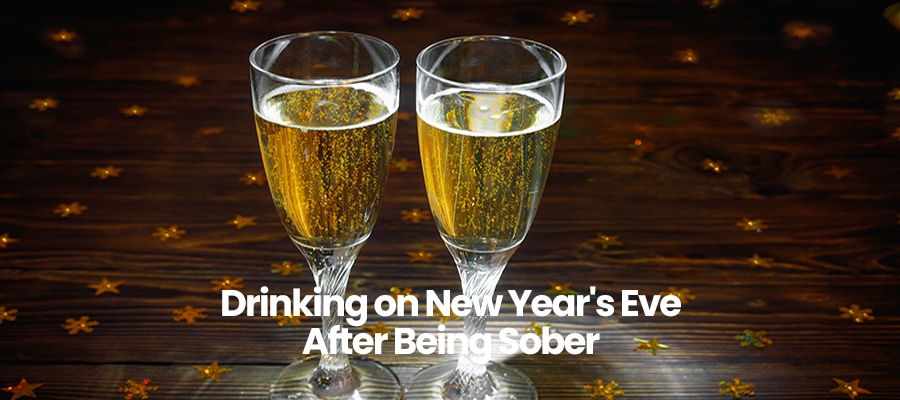Table of Contents
ToggleWhat Happens If You Drink on New Years’?
A relapse (in most circumstances) refers to the “recurrence of a past condition.” When it comes to drugs and alcohol, relapse refers to a return to drug use or drinking after a period of sobriety. Experiencing a relapse can be extremely difficult. Many things are hard about facing a relapse and facing all of the resulting consequences. When someone who has been in recovery experiences a relapse, he or she might have an exceptionally difficult time returning to the rooms of Alcoholics Anonymous. Because we put expectations on ourselves and hold ourselves to a certain standard, there is a great deal of shame and guilt that goes hand-in-hand with engaging in past behaviors.
When someone enters into the program of Alcoholics Anonymous, they learn from others that there is no shame in admitting a relapse to others – that most alcoholics experience one at some time or another, and that coming back to the rooms takes nothing but immense courage and bravery. Still, it can be hard to admit that you slipped back into your old ways – especially if you have already worked through the 12 steps and you are actively sponsoring other people. Especially if you have years of recovery under your belt (even months, for that matter).
Recovering Alcoholics Should NOT Drink on New Years’
A relapse can occur at any point in time. However, relapses are more common at some times of the year than others. Here are some examples of high-risk times – times of the year that can be especially triggering:
- Birthdays. For some, celebrating a birthday can be triggering. It might be the stress of getting older, fond memories of past celebrations with loved ones that are no longer around, or the social anxiety that goes hand-in-hand with having all eyes on you.
- The holidays. Christmas-time is a wonderful time for many – but an extremely triggering time for many men and women who are in recovery for drug addiction or alcoholism. Spending time with family might be extremely stressful, and many other triggers go hand-in-hand with this specific time of year.
- New Year’s Eve. While many people eagerly anticipate the beginning of a new year, others look back on the year before with regret, pondering what they could have done differently.
One of the most significant relapse triggers is dealing with uncomfortable emotions. One of the most uncomfortable emotions that we deal with – as human beings – is remorse. Unfortunately, the pressures that coincide with New Year’s can easily lead to feelings of remorse. We look back on our 2020 to-do list and realize that we got nothing done. When we feel this way, it typically is because we are failing to put things into perspective. Did we fail to get anything done? Or did we survive a pandemic, learn to adapt and overcome adverse circumstances, and make it to the end of the year unscathed? We must go easy on ourselves. If we don’t, we might find ourselves in an even more precarious situation.
Avoiding Relapse After New Year’s Eve
This is partially why relapse is so high after New Year’s. Another reason is that some people who are in recovery might think to themselves, “I made it one full year, I must be able to drink or drug successfully now.” Of course, those who have worked through the 12 steps or attended an inpatient treatment program know that this is not the case. Regardless of how you were feeling now that the new year has started, there are several surefire ways to avoid relapse in the year to come and go on to work towards self-betterment and self-improvement whatever that means for you.
- Make sure that you stay heavily involved in your recovery program. Even though times are strange right now, try not to veer too far off the path. Many 12-step meetings have moved online, so it is easier than ever before to stay connected.
- Make sure that you are setting easily attainable goals for yourself. Goals like staying sober one day at a time or holding yourself accountable when it comes to hitting at least one meeting every day.
- Again – and we truly can’t emphasize this enough – go easy on yourself! This has been a very difficult year for everyone, and we are all doing the best we can.
Staying Sober with Agape Treatment Center
At Agape Treatment Center we truly believe that the best resolution you can set is either staying sober or getting sober. We are available to help you achieve this personal goal in any way that we can. Give us a call today for more information.







